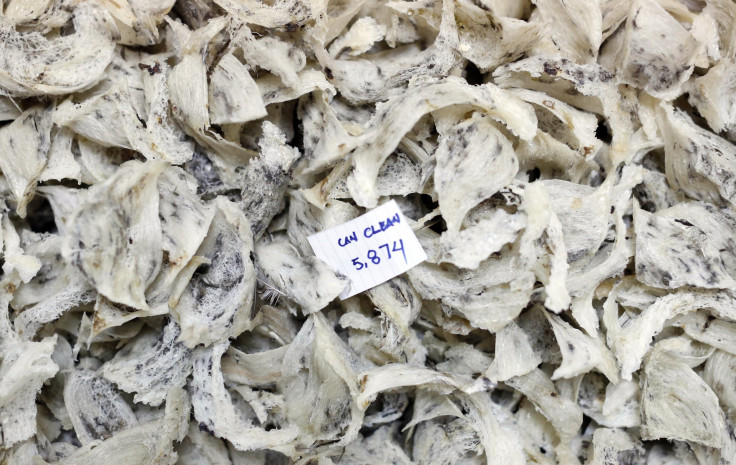Birds Saliva In Coffee

Nests made from swiftlets’ saliva are being mixed into coffee and cereal as the Southeast Asian producers of the delicacy seek to broaden its appeal. This is a delicacy in China and has been hailed for its health benefits for hundreds of years. The nests are among the world’s most expensive foods, selling for up to $2,500 a kg and the swiftlets that weave them are indigenous to Indonesia, Malaysia, Thailand and Vietnam.
China consumes almost 90 per cent of all bird’s nests, traditionally eaten in soup, creating an industry that last year recorded $5 billion in sales and which executives expect to double by 2020. Companies such as Malaysia's Swiftlet Eco Park, one of the country's largest developers of swiftlet nests, want bigger gains by expanding their product line and market beyond China, where importers can often dictate the price. The majority of the market is in China and Hong Kong and the industry wants to enter new markets but if they sell raw birds nests in Europe or India people will not even know how to cook them.
Swiftlet Eco makes coffee, skin care, puddings and candies with bird's nest. The profit margin on some of these products is ten times more than the raw nests. Swiftlet Eco is also spending big on marketing bird's nest as a health food in the Middle East, Europe and the United States and plans to raise about $30 million through an initial public offering and New York listing in the third quarter of 2015. Southeast Asian swiftlets' nests are particularly popular in the Lunar New Year festivities, which began in China last week, and are believed to be rich in nutrients that can help digestion, raise libido and improve the immune system. Malaysia is the world's largest producer of raw nests after Indonesia. Marketing bord’s nest as a supplement would attract younger, wealthier and more health conscious consumers worldwide.
To contact the writer, email: sonali.raj@gmail.com






